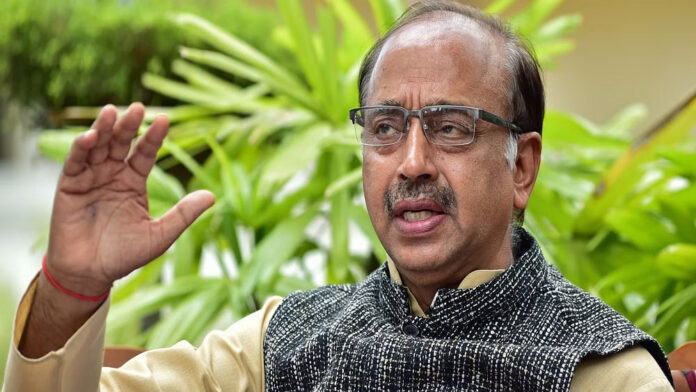The Aam Aadmi Party’s (AAP) announcement of the Pujari Granthi Samman Yojana continues to stir political controversy, with leaders from the Bharatiya Janata Party (BJP) launching sharp criticisms against AAP National Convenor Arvind Kejriwal.
BJP’s Criticism
Vijay Goel
Senior BJP leader Vijay Goel dismissed the scheme as an “electoral gimmick,” accusing Kejriwal of neglecting critical issues like water quality, pollution in the Yamuna River, and corruption over the past decade.
“The announcements by Arvind Kejriwal are electoral announcements… Elections should be based on issues like dirty tap water, Yamuna pollution, and corruption. The one who doesn’t work for 10 years only wants to win elections by announcing freebies,” Goel stated.
Gaurav Bhatia
BJP spokesperson Gaurav Bhatia labeled Kejriwal as “anti-Hindu” and “anti-development,” claiming that AAP’s promises are insincere and aimed at masking unfulfilled commitments.
“Kejriwal made liquor shops outside all the places that we consider auspicious. Now, he promises ₹18,000 to Pujaris and Granthis. This is hypocrisy. Kejriwal’s career is failing, and he’s resorting to making false promises,” Bhatia said.
Kejriwal’s Response
In response to BJP’s accusations, Arvind Kejriwal took to social media platform X (formerly Twitter), defending the Pujari Granthi Samman Yojana and countering BJP’s criticism.
“BJP people have been abusing me since yesterday, ever since the Pujari Granthi Samman Yojana was announced. My question to them is, will the country benefit from abusing me? You have governments in 20 states and have been in power in Gujarat for 30 years. Why haven’t you respected priests and granthis there till now? Instead of abusing me, why don’t you implement it in your states? Everyone will benefit.”
Kejriwal also asserted that the scheme serves as a model for other states and that his government has consistently introduced groundbreaking welfare programs.
Context and Impact
The Pujari Granthi Samman Yojana, announced earlier this week, proposes a monthly honorarium of ₹18,000 for temple priests and Gurudwara granthis in Delhi, contingent on AAP’s victory in the upcoming elections.
While AAP frames the scheme as a welfare initiative to honor spiritual leaders’ contributions, the BJP views it as a populist tactic to sway voters. The controversy underscores the broader political battle in Delhi, with both parties seeking to position themselves as champions of development and welfare.
As Delhi heads toward elections, debates over the scheme and other key issues are likely to dominate the political narrative, highlighting the ongoing tussle between AAP and BJP for voter support.


